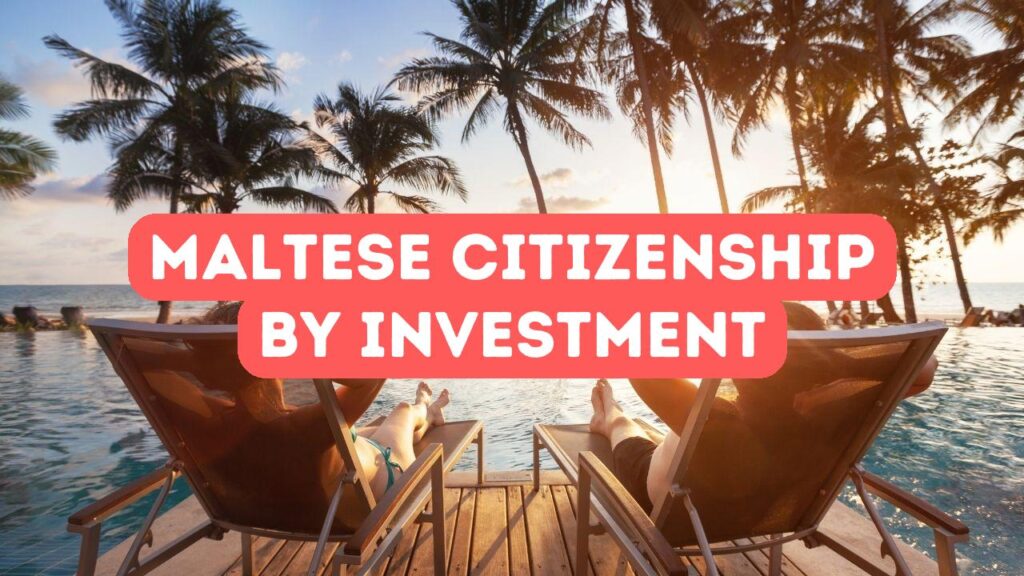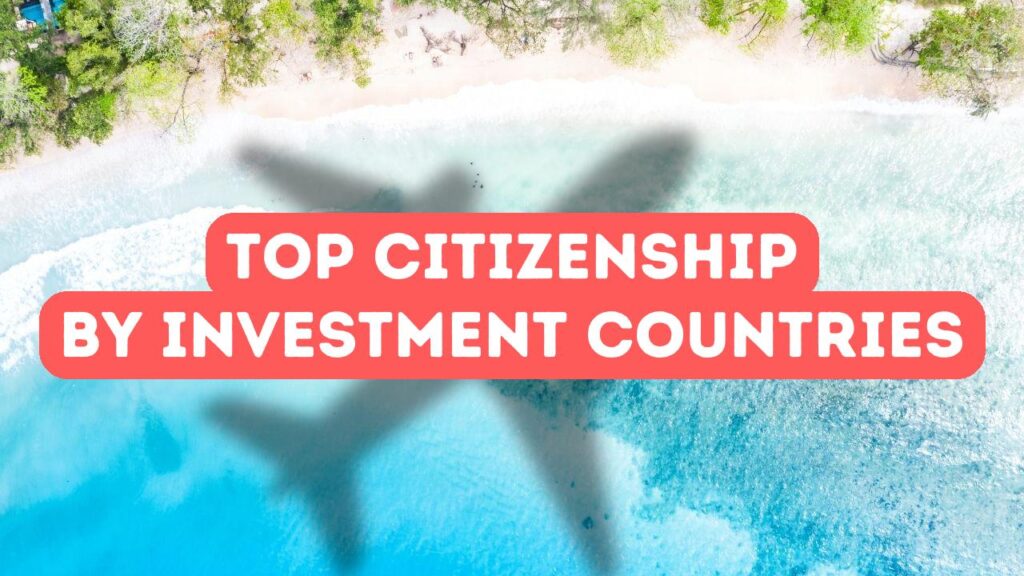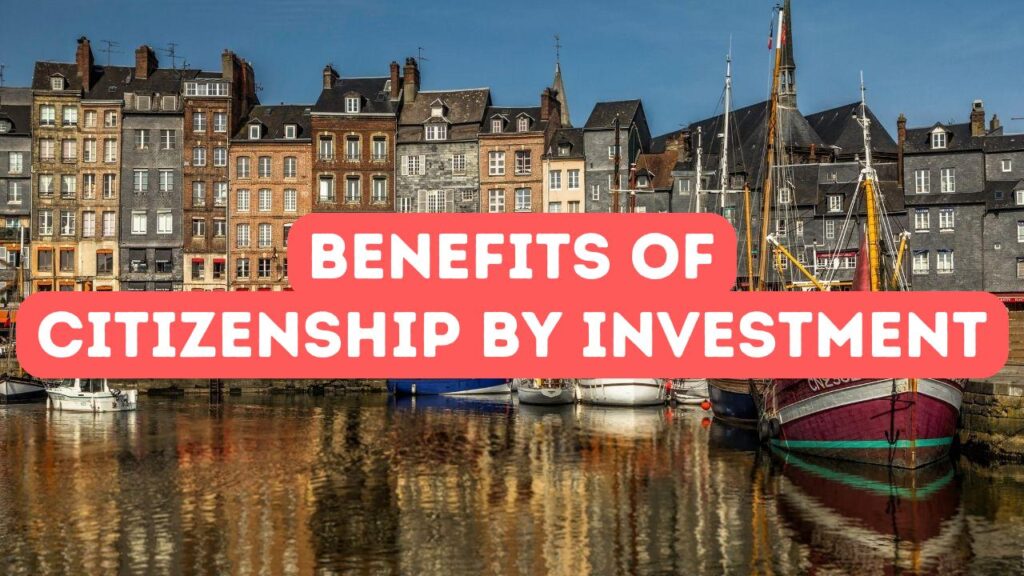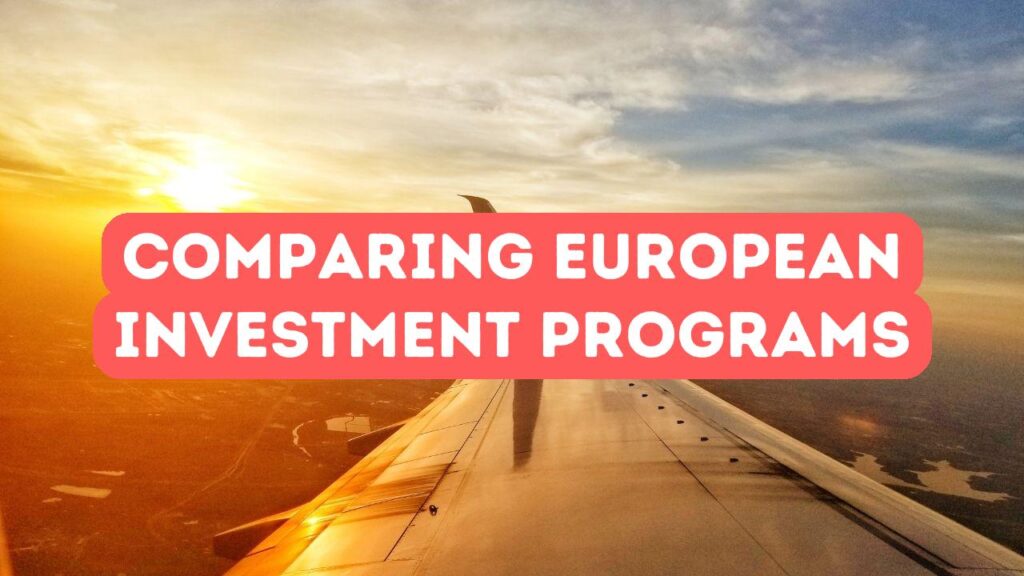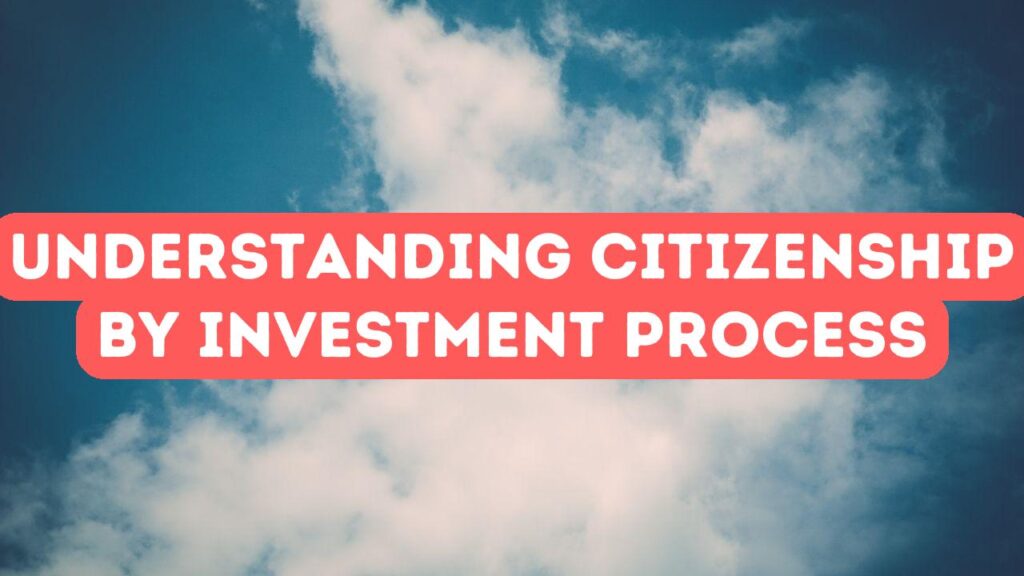Obtaining citizenship by investment in Malta is a strategic move for investors seeking the benefits of an EU passport, including enhanced global mobility, a high standard of living, and a robust economic environment. Malta’s Individual Investor Programme (IIP) sets forth stringent requirements, ensuring that applicants not only contribute significantly to the country’s economic development but also demonstrate a genuine connection to the Maltese community. This comprehensive process entails a series of key steps, such as making a substantial financial contribution, passing rigorous due diligence checks, and fulfilling residency obligations. In this guide, we will outline the essential criteria and procedural steps necessary to navigate Malta’s citizenship by investment program, helping potential investors achieve their goal of securing Maltese citizenship in a structured and efficient manner.
Eligibility Criteria and Application Process
To qualify for Malta’s citizenship by investment program, applicants must meet specific eligibility criteria, including age, health, and financial requirements. Individuals must be at least 18 years old and in good health, as evidenced by a comprehensive medical examination. The financial criteria necessitate a significant contribution to the National Development and Social Fund, an investment in approved financial instruments, and the acquisition or lease of property in Malta. Additionally, applicants must demonstrate a clean criminal record verified through extensive due diligence checks, ensuring the integrity and security of the program. The application process begins with submitting an initial application, followed by a thorough review by Maltese authorities, who assess the applicant’s eligibility based on these established criteria.
Once the initial application is reviewed and preliminary approval is granted, the next step involves fulfilling the financial commitments. Applicants are required to make a non-refundable contribution of at least €650,000 to the National Development and Social Fund. In addition to this contribution, they must invest a minimum of €150,000 in government-approved stocks or bonds, which must be maintained for a period of no less than five years. Furthermore, applicants are required to either purchase real estate worth at least €350,000 in Malta or enter into a property rental agreement with a minimum annual rent of €16,000, with both options requiring a commitment of five years. Throughout this phase, the applicants must also provide proof of global health insurance coverage with a minimum policy value of €50,000 per individual, ensuring financial protection and access to medical services.
Upon successfully fulfilling the financial obligations and residency requirements, applicants can proceed to submit the final application for citizenship. This includes providing all necessary documentation, such as proof of contributions and investments, health insurance coverage, and a comprehensive background check. The Maltese authorities will then conduct a final evaluation, which involves a detailed analysis of the submitted documents and verification of all claims made by the applicant. Once all criteria are satisfactorily met and the application is approved, the final step involves the taking of the Oath of Allegiance to Malta. This ceremonial act not only signifies the official granting of citizenship but also marks the new citizens’ commitment to integrating into Maltese society. Consequently, successful applicants and their families are awarded full citizenship rights, including the privilege of holding a Maltese passport, which facilitates greater global mobility and access within the European Union.
Investment Options and Required Capital
Under Malta’s Individual Investor Programme (IIP), prospective citizens must meet specific investment criteria to qualify. This includes making a non-refundable contribution of €650,000 to the National Development and Social Fund, established by the Maltese government to support public projects. Additionally, applicants are required to invest €150,000 in government-approved financial instruments, such as stocks or bonds, which must be held for a minimum of five years. Finally, an investment in property is mandatory, either by purchasing real estate with a minimum value of €350,000 or leasing a property with an annual rent of at least €16,000, maintained for a five-year period. These investment requirements ensure substantial financial involvement in Malta’s economy, reflecting the program’s intent to foster long-term economic growth and stability.
In addition to the financial investments, applicants under the IIP must meet specific philanthropic requirements, demonstrating a commitment to the Maltese community. This entails making a charitable donation of at least €10,000 to a registered non-governmental organization in Malta, chosen from a list of approved entities that support various sectors such as health, culture, and the environment. This aspect of the program underscores the importance of social responsibility and community engagement, ensuring that new citizens contribute not only economically but also socially to the well-being of the country. By fostering a spirit of giving, the IIP aims to integrate new citizens more deeply into the fabric of Maltese society, promoting a holistic approach to citizenship that extends beyond mere financial investment.
Beyond the monetary contributions and philanthropic commitments, the Individual Investor Programme demands that applicants fulfill a residency requirement to establish a tangible connection to Malta. Potential citizens must reside in Malta for a cumulative period of at least 12 months within the five-year term of their application process. This residency obligation is designed to ensure that applicants have a genuine bond with the country, integrating into the local culture and lifestyle. Meeting this criterion often involves actively participating in community activities, forming personal and professional relationships, and demonstrating a clear intent to establish Malta as a significant base for personal or business endeavors. This residency requirement underscores the program’s comprehensive approach to citizenship, balancing financial contributions with authentic engagement in Maltese life.
Benefits and Legal Considerations
One of the foremost benefits of obtaining Maltese citizenship through investment is the extensive global mobility it affords. A Maltese passport allows visa-free or visa-on-arrival access to over 180 countries, including the United States, Canada, and the entirety of the European Union. This can be particularly advantageous for both business and leisure purposes, eliminating the need for frequent visa applications and enabling smoother international travel. Legally, applicants must be aware of the strict compliance requirements set forth by Malta’s IIP, which entails transparent financial disclosures and meticulous vetting processes. It’s imperative to consult with legal experts to ensure adherence to all regulations, thereby facilitating a seamless application process and helping avoid any potential legal pitfalls.
Another significant advantage of the Maltese citizenship by investment program is the high standard of living that Malta offers. The country boasts excellent healthcare facilities, world-class educational institutions, and a safe, stable environment, making it an ideal place for families and individuals alike. Furthermore, Malta’s favorable tax regime is particularly appealing to investors, offering various incentives and exemptions that can lead to considerable financial benefits. Nevertheless, applicants must also consider the legal implications, such as the commitment to maintaining a genuine connection with Malta, which includes residency requirements and potential tax obligations. Legal counsel can provide invaluable guidance in navigating these complexities, ensuring compliance and maximizing the benefits of Maltese citizenship.
In addition to global mobility and a high standard of living, obtaining citizenship by investment in Malta also offers strategic business advantages. Malta’s stable political climate and robust economic framework create an attractive environment for business development and investment opportunities within the EU market. The country also enjoys favorable bilateral trade agreements and an advantageous corporate tax rate, further enhancing its appeal to international entrepreneurs and business investors. However, it is crucial to remain cognizant of the legal aspects involved, particularly in regard to maintaining transparency and compliance with Maltese laws and EU regulations. Engaging with legal advisors experienced in Malta’s citizenship by investment requirements can help ensure that your business activities are aligned with both local laws and the broader EU legal landscape, safeguarding your investments and fostering long-term success.

